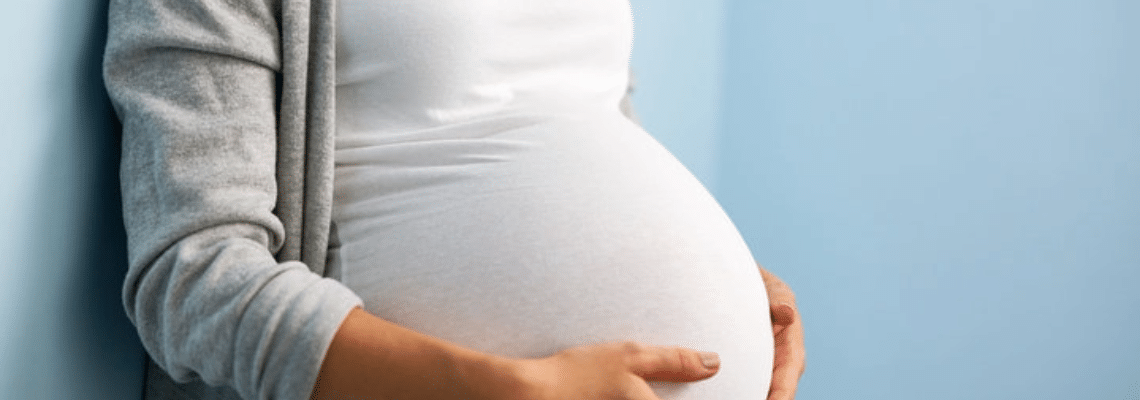
A major study has shown that a single iron infusion in the third trimester can significantly reduce anemia in pregnant women and can exceed the efficacy of iron tablets – the currently recommended standard treatment.
Adequate iron stores are crucial during pregnancy to support maternal and fetal health, as low iron is associated with a higher risk of preterm birth, low birth weight and postpartum depression. The study, co-led by WEHI (Australia) and the Training Research Unit of Excellence (Malawi), is the first to show that late-pregnancy infusions can significantly replenish iron stores in pregnant women approaching delivery and birth – findings that could improve maternal care and birth outcomes worldwide.
Iron Infusion More Effective
A landmark study shows that iron infusions in the third trimester of pregnancy are safe and significantly increase the iron levels of pregnant women, and more effectively than iron tablets. Severe iron deficiency during pregnancy can affect a baby’s development and is associated with a higher risk of complications. The results could change maternal care guidelines and improve birth outcomes in countries around the world, including Australia.
Iron deficiency is a leading cause of anemia in pregnancy worldwide. Globally, about 37% of pregnant women are anemic – that’s almost 32 million women at any given time. In Australia, anemia is reported to occur in 25% of all pregnancies. Pregnant women with anemia are at increased risk of complications, including chronic fatigue, postpartum hemorrhage, and stillbirth. Anemic pregnancies can also be risky for the baby, affecting placental development, the development of the baby’s brain, and red blood cell production.
To reduce iron deficiency in pregnancy, researchers at WEHI worked with scientists from the Training Research Unit of Excellence and Kamuzu University of Health Sciences (Malawi) on an innovative trial that compared the effectiveness of iron infusions with that of oral iron tablets during late pregnancy . “While anemia is one of the most preventable causes of illness and death in resource-poor countries, any woman in the world can become anemic during pregnancy, making it clear that this remains a global priority,” said co-author Professor Sant-Rayn Pasricha. “We found that a single iron infusion in the third trimester can have the same effect as taking iron tablets every day during pregnancy.”
Future Global Guidelines for Antenatal Care
This is the first concrete evidence that infusions in the late stages of pregnancy are the better treatment for anemia in expectant mothers, as they can increase iron levels at a critical time, ensuring that both mother and child are better protected during childbirth. In collaboration with Professor Kamija Phiri (Training Research Unit of Excellence), the research team conducted one of the largest iron studies to date, involving 590 pregnant women in Malawi. The team found that the women who received infusions had a lower prevalence of anemia (46.7%) at the time of delivery than those who received iron tablets (62.7%). It was also found that a third-trimester infusion protects a mother’s iron stores, even after childbirth.
“This sustained effect on anemia is an unprecedented finding that really makes the case for the use of intravenous iron in late pregnancy to rapidly boost red blood cell production and iron levels,” said Prof. Pasricha, Head of the Anaemia Research Laboratory at WEHI. The researchers hope that their results will soon be implemented in healthcare facilities around the world to create consistent guidelines that ensure more women receive the right iron treatment when they need it most. “If intravenous iron can be safely administered in simple health centers in remote Malawi, as shown in our trial, there is truly no health facility where intravenous iron cannot be effectively and safely administered.” The World Health Organization (WHO) currently recommends the use of oral iron tablets, taken twice a day, for pregnant women as a primary prevention strategy against maternal anemia. The researchers hope to share these data with the WHO soon to support future global guidelines for pregnancy care.
Pregnancy Basics







